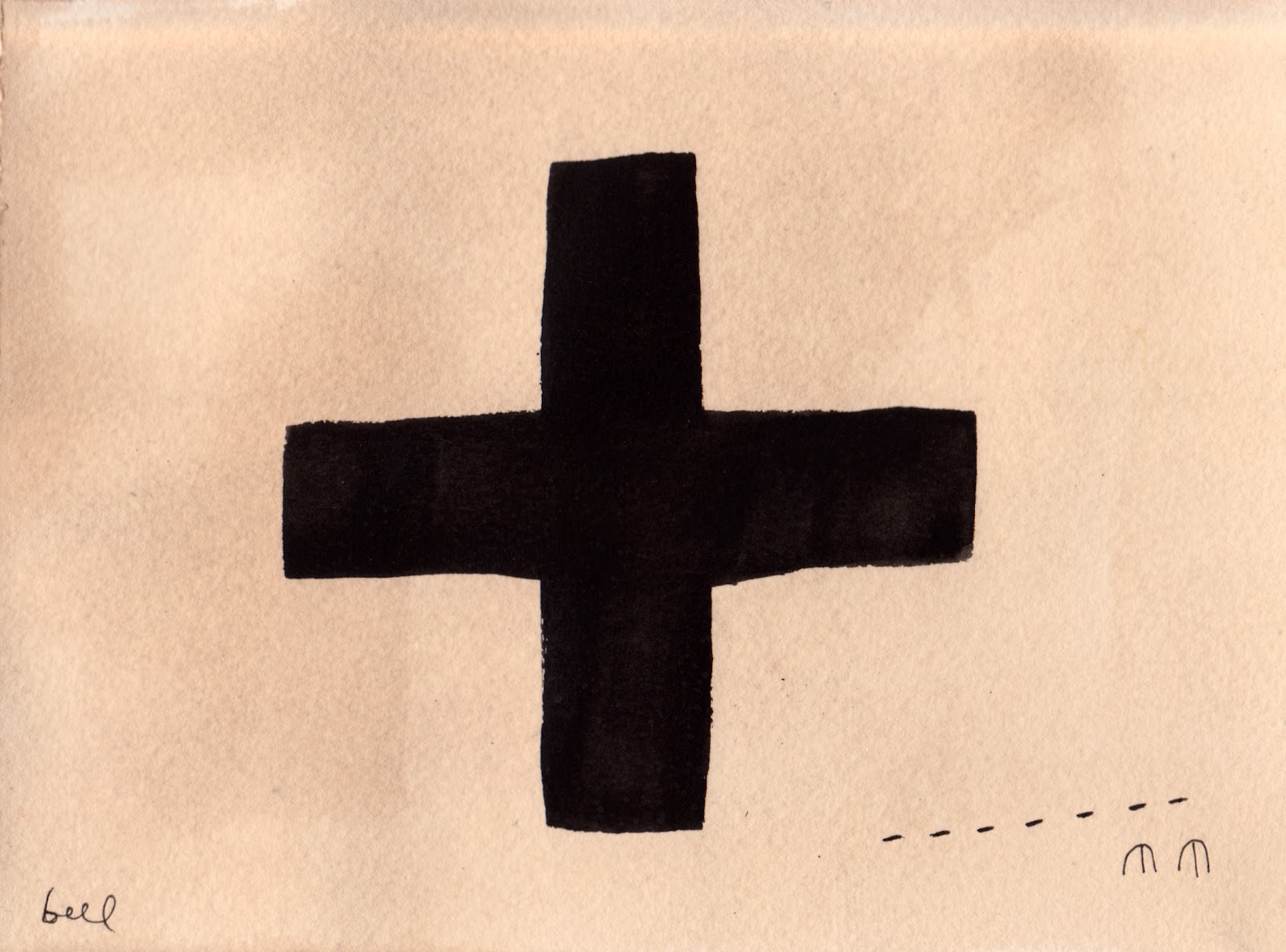It is often when we pray where we uncover how our shadow selves have been operating in our relationships and daily life. Ann and Barry Ulanov, in their book Primary Speech, say that in prayer “We begin to hear the self we actually are emerging out of our shadow selves, our counterfeit selves, our pretend selves. We become aware of what is in us, the best and the worst.” Often these false-self-tendencies are so engrained in our personalities that they’re hard to shake. We try to be more loving or more patient or kinder and we fail again and again. As St Paul says, ” I do not understand my own actions. For I do not do what I want, but I do the very thing I hate” (Romans 7:15). Those who realise their less-than-ideal personality quirks are already very self-aware people. They are people who care about self-growth and improvement. They engage in tools of self-knowledge like the Enneagram.
As an Eight on the Enneagram I have a very hard time hiding the bigness of my personality. Despite my efforts to dampen my reactions or frustrations or try to cover annoyance with kindness, I tend to fail. Sometimes it feels like I can do little to hide my feelings. They come out bigger than I realise. And that can hurt other people. These are the moments I’m living out of my false self. Ian Morgan Cron says, “Your personality shows up when your true self doesn’t.” So how do we work on living out of our true selves?
Stages of Growth
Cron, an Enneagram expert, psychologist, and Episcopal priest, offers three stages of growth, which I would like to connect with prayer.
- Self-knowledge – Many of us are already doing this through tools like the Enneagram. These efforts help us understand the inner workings of our personalities, our traps and unhealthy tendencies, and their consequences — how it affects our choices and relationships.
- Self-observation – This is engaging what Cron calls our “inner witness” who can step back and objectively observe the situation. This can be done intentionally at intervals throughout the day (think of an Examen) or done in a moment of reactiveness. You could look at Ian Cron’s SNAP method for more on this. He suggests we ask ourselves the question, What does love require of me right now?
- Self-development – This is the point at which you actually make better decisions based on your self-knowledge and observation. You begin living out of your true self rather than being driven by the less-conscious personality.
This work can take a very long time. I am consoled by Chardin’s Patient Trust prayer which reminds me to “trust in the slow work of God”.
We are quite naturally impatient in everything to reach the end without delay.
We should like to skip the intermediate stages.
 Deep Practices
Deep Practices
One of Cron’s suggestions is cultivating a daily meditation practice. The purpose is to develop a contemplative stance that helps you grow in your power of self-observation. I like to call this looking at myself through God’s eyes. When I gaze through eyes of love at myself, I’m no longer caught up with my own personality. I can see more clearly. A meditation practice can also help me be more present to the moment, to now. What Cron is suggesting is what I call Deep Practices. These are practices that are long-term, consistent, and help you tap into self-observation. Now Ignatius did always say to use a prayer practice that worked and if it stopped working to move on and try something else. But in the Spiritual Exercises he also spoke about the importance of consistency of practice. A consistent and long-term practice is beneficial because growing beyond the engrained traps of one’s personality is a long and slow work.
Let’s look at four deep practices you can consider:
- The Examen – Prayerfully reviewing your day with God (and through God’s eyes) helps you observe your feelings, and the false self’s reactions to those feelings. Over time you build not only a practice of awareness, but can notice patterns from day to day, month to month. You can see your own growth.
- Journaling – Similar to the Examen, but written. Writing also brings you to the present and focuses you on what you’re writing about.
- Gratitude – A daily practice of gratitude journaling can do wonders in bringing your attention to moments of living out of your true self. Recognising gratitude in the moment also brings you to the present moment. You can start by writing down, before bed, three things you were grateful for from the day. Expressing gratitude has been shown to have lots of health benefits as well.
- Contemplative Prayer – There are several approaches to contemplative prayer but they all have the goal of helping you be present. You can sit in silence, alert, focusing only on your breath, allowing any thoughts to just pass by (just say hello and farewell). A body scan is another way to be present. You could also choose a word or phrase to focus your attention on. Or take a walk and notice the details all around you. And the passing by of thoughts is an important way to begin practising not clinging, what Ignatius calls detachment. There are many apps available that can help with these practices (like Calm or Insight Timer).
Why the fuss about being present? Being fully present allows you to be free of unhealthy attachments and distractions. It creates availability to God and to relationships in family, friendships, at work… When we are fully present, the false self with its plans and expectations and agendas and to-do lists fades away. Being present allows us to have a certain openness and freedom to the moment. Contemplation and deep practices (long-term, consistent, reflective) help us maintain this openness and freedom.
If you’re having trouble maintaining the deep practice you choose (and don’t try to do all of them at once!) you may wish to read my post on Building a Prayer Habit.
Deep practices are less about our own effort and more about opening ourselves to the transformative grace of God. Someone once gave me the metaphor of a rose lattice. Our spiritual practices are simply a lattice – they do not cause the growth. They provide the structure for the rose to grow upwards on its own, to let God do the work. Deep practices are the lattice, the space, for our true selves to slowly grow and emerge.
Related posts:
- Doing Nothing Often Leads to the Very Best Something
- Being, Not Achieving: A Taoist Guide to Ignatian Indifference
- Let’s Pause
Listen to the podcast version of this post…








The image of a rose lattice is poignant, Andy. Thank you for this exploration of ways we can deepen our practices as we seek to release our false self, in the moment. Your writings are thoughtful gifts to many, including me. Thank you.
This was just the post I needed to read this morning. Full of great strategies for engaging in the deep work of self awareness and growth. Perfect for the end of one year and the start of another. I’m going to start implementing some of these today, thank you so much for sharing.
Thank you! I really appreciate Telihard’s “Patient Trust”. His spirituality and theology have influenced me greatly. Blessings!